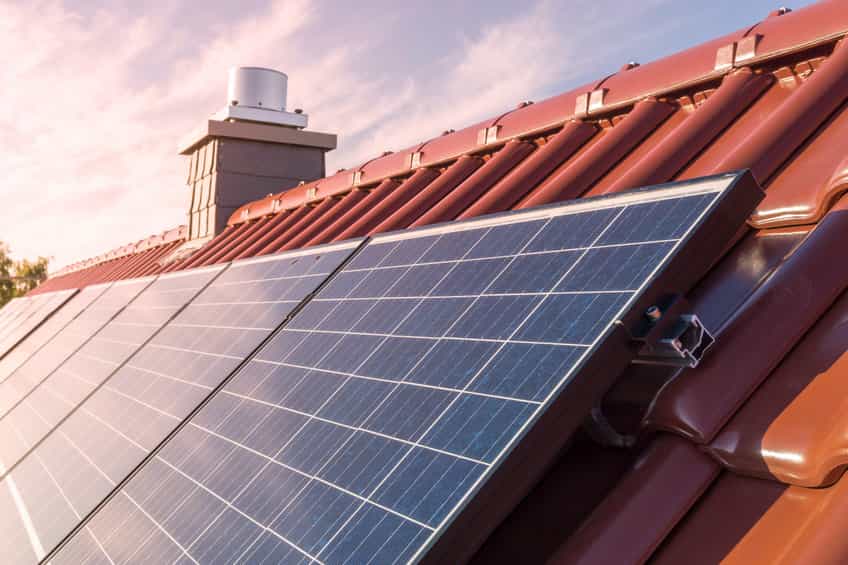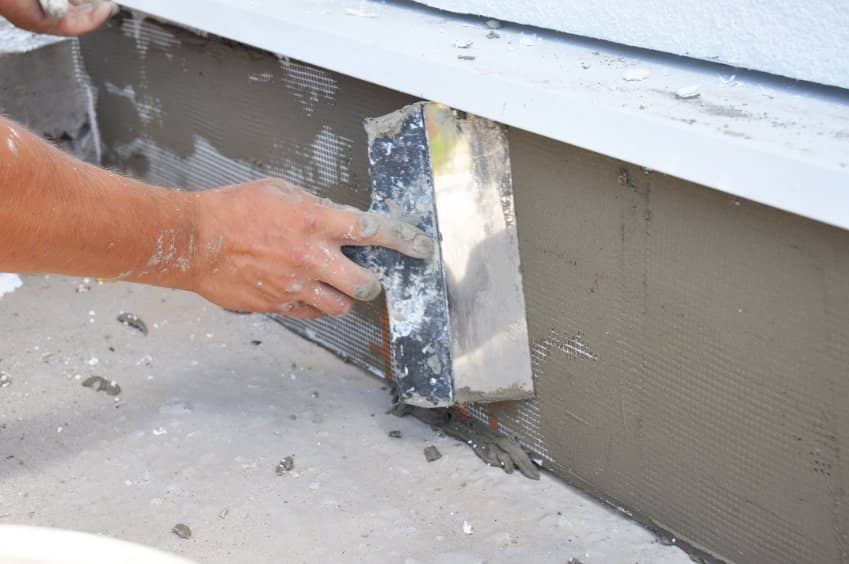If you are a homeowner in New Jersey and you’re thinking of going solar, you will be gaining access to some of the most impressive incentives in the United States. In fact, when compared to other states in the country, New Jersey’s payback period is one of the lowest.
One of the ways to reduce your electricity bills is by generating your energy through solar power. Right now in New Jersey, solar panel systems are much cheaper than they have ever been, thanks to tax credits, rebates, and many other financial incentives offered.
New Jersey homeowners who qualify for these savings programs can instantly begin to get returns on their investment through reduced monthly utility bills and the value of their property is increased.
There are many benefits that come with the New Jersey solar incentives including saving on electric bills, selling extra energy back to the grid, and even exemption from tax liabilities.
In this article, we discuss how you can benefit from the NJ solar incentives. For additional solar resources, visit our company’s website at https://alliancesolar.com/. Alliance Solar is the industry-leading business when it comes to solar in New Jersey state.
Federal Solar Investment Tax Credit (ITC)
With the Investment Tax Credit (ITC), the cost of commercial and residential solar systems is reduced by 26%. The Investment Tax Credit can be claimed against the tax liability of commercial and residential investors. The interesting thing is that there is no limit to the amount that you can claim.
For example, if the total cost of your solar system is $50,000, you are entitled to a federal solar tax credit of 26%, thereby reducing the cost of your solar energy system to $37,000, and saving you $13,000.
If you are a New Jersey homeowner with solar, Investment Tax Credit can be applied to your income taxes under Section 25D – residential energy efficient property.
The following are a few things to keep in mind about the Federal solar tax credit:
- The federal solar tax credit will be reduced from 26% to 22% after December 31st, 2022.
- To benefit from the tax credit, you will need enough income.
- You have to own the solar system to qualify for the solar tax credit. This means that you do not qualify if you have a solar lease.
Solar Successor Incentive Program (SuSI)
Designed by the New Jersey Public Board of Utilities (NJBPU), the Solar Successor Incentive (SuSI) is a solar program for solar panel systems that have already been installed, activated, and interconnected to the electricity grid. Its main aim is to increase the solar generation of New Jersey by up to 3,750 MW by 2026, according to the Solar Act of 2021, which was signed by Governor Murphy on June 9, 2021.
The SuSI program is a replacement for the Transition Renewable Energy Certificate (TREC) and also the Solar Renewable Energy Certificate (SREC) programs.
In this program, for every kilowatt-hour of electricity your solar panel system produces, you will get one SREC-II. For every SREC-II, you will receive $90 as the owner of the solar panels.
Net Metering
This is an electric supply option that allows owners of solar projects to sell any excess electricity that their solar energy system produces back to the grid at the retail rate. The good thing about this is that the retail rate of net metering in New Jersey is a lot higher than the wholesale rate that big power plants get for the power they sell to the utility.
Also, being able to both buy and sell electricity from the grid enables you to balance your consumption and production, instead of wasting any extra electricity that your solar energy system produces. With this New Jersey solar incentive, you can significantly reduce your electric bill to a few dollars every month.
As clean solar power is produced during the day, your home appliances consume what they need and any excess electricity will be sent to the grid to get credit. During the night, cloudy days, and other times of low solar output, your house will draw power from the grid to make up for the deficit.
As earlier stated, the good thing about net metering is that you can sell to the grid at a higher rate than the wholesale pricing.
The most popular utility companies that offer net metering in New Jersey are:
Solar Sales Tax Exemptions
One of the common financial incentives designed by many state governments is the solar sales tax exemptions. The Solar Energy Industries Association states that as at this moment, 25 states, including New Jersey, offer a solar sales tax exemption.
There is a tax levied by most states on consumer purchases which usually ranges between 2.9% to 9.5%. The implication of the solar sales tax exemptions is that the taxes on the purchase of solar panels, solar batteries, and other solar equipment are waived. This makes solar investment a bit more affordable since this waiver reduces the total purchasing cost considerably.
For example, the current sales tax of New Jersey is 6.625%. You would have had to pay $21,325 in total for a purchase of a solar panel system of $20,000. However, with the solar sales tax exemptions, you would only pay $20,000.
Solar Property Tax Exemptions
According to the Solar Energy Industries Association, there are 36 states, including New Jersey, that give a property tax exemption to homeowners who install residential solar energy systems.
There is always a significant increase in the value of a property with a solar panel installation. On average, property owners see about a 4.1% increase in their property’s value due to solar installation.
In states like New Jersey that offer renewable energy property tax exemptions, property owners with increased property values are exempted from the comparable rise in property taxes. This means that when tax time comes, homeowners are not required to pay anything even though the worth of their homes has increased as a result of the solar system installation.
NJ Solar Incentives Keep Solar Power Affordable
New Jersey offers a few solar incentives to save on your electricity bills. With the help of the Renewable Portfolio Standard for New Jersey, homeowners throughout the state are having access to solar power at an affordable cost.
These incentives are aimed at ensuring that 50% of the energy of the state must come from renewable sources, one of which is the production of solar energy.










